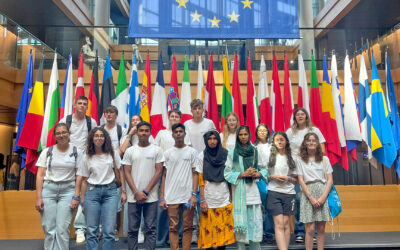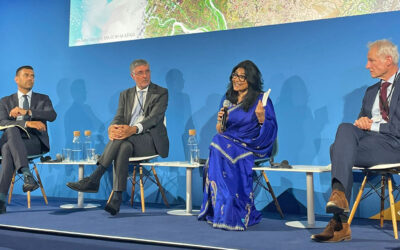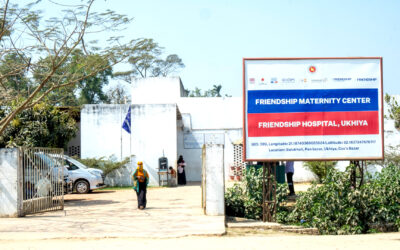A glance at Friendship’s pandemic response
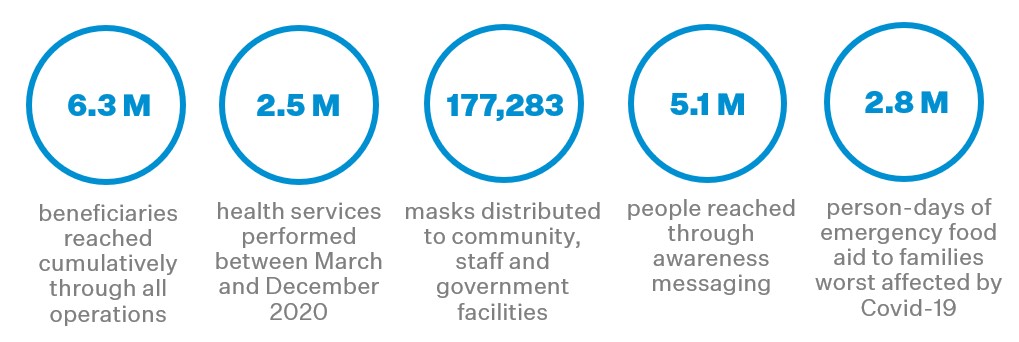
Covid-19 was the defining event of 2020. As the novel coronavirus began spreading across the world, proactive societies went into lockdown. It was the surest way to arrest the spread of the mysterious new virus at a time when healthcare systems had yet to figure out how best to combat it.
For Friendship, being crippled by the shutdown was not an option. It was essential for us not only to continue our operations, especially in life-saving services like healthcare, but also address new medical, social and economic issues arising with the spread of Covid-19. Even as we were forced to limit work from our physical offices, team members continued working remotely. It was difficult, because much of our work is physical, and spread across remote areas. But we sought out innovative ways to operate without losing efficacy. Essential field teams continued their regular activities while maintaining social distancing and safety protocol.
HEALTHCARE
Keeping the healthcare system running, opening new facilities
Friendship kept its floating and mainland hospitals open with new hygiene and social distancing mechanisms in place. Our three-tier healthcare system remained functioning through the pandemic, providing 2,547,864 services from March 8, they day Covid-19 was first detected in Bangladesh till the end of 2020. New services were opened, such as a new hospital for respiratory conditions and a sample collection booth for Covid-19 testing.
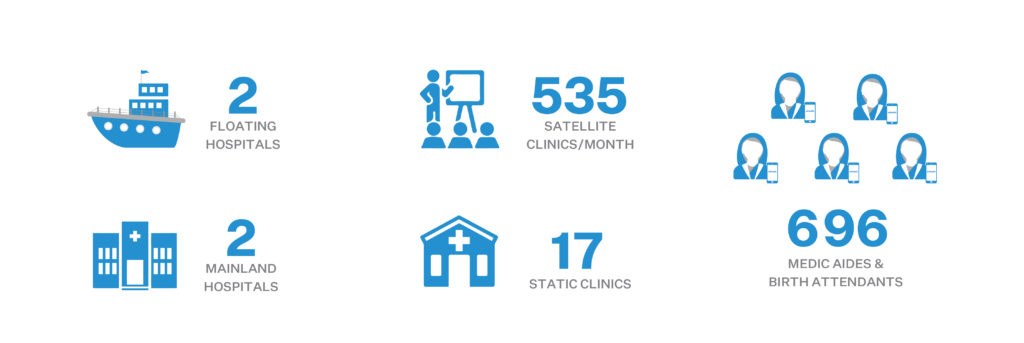
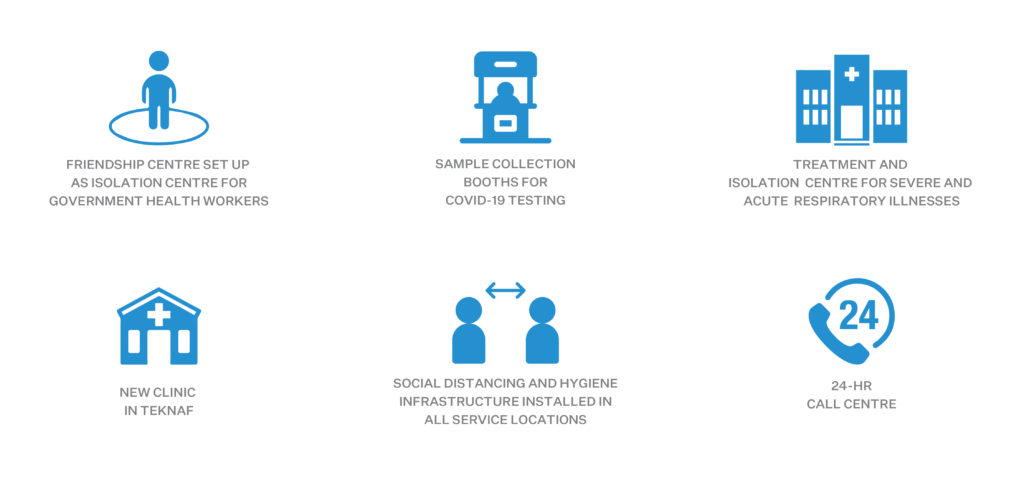
EMERGENCY RELIEF
Preventing starvation and loss of life due to unemployment during shutdowns
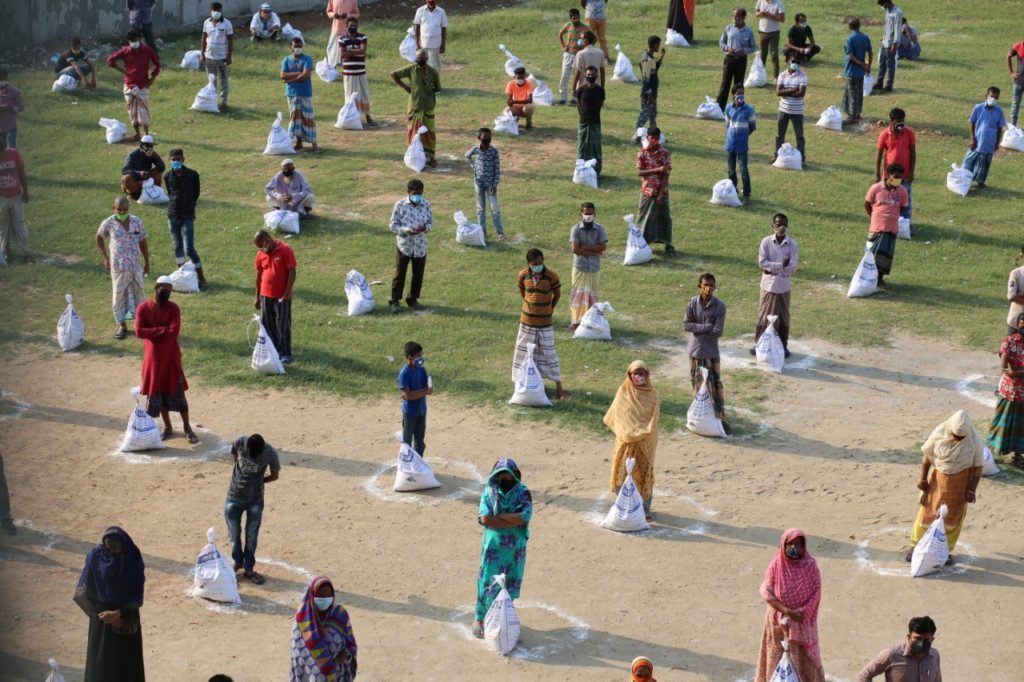
Emergency aid packages distributed to families who lost their income to shutdowns amounted to 2.8 million person-days of supplies.
Friendship field staff and community workers set up food banks that enabled solvent members of the communities to donate and share their surplus food with less fortunate neighbours. 4,611 families from 52 communities benefitted from these food banks.
EDUCATION
Keeping children learning during school closures
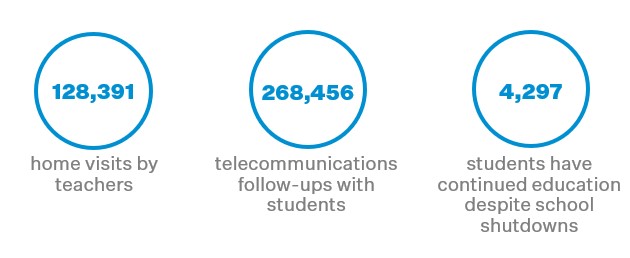
Friendship’s teachers continued teaching lessons over the phone and through home visits after the physical schools were shut down. We contributed our video lessons to the government’s online school and for broadcast on national television to help students nationally to continue their education from home, at a time when 10.5 Bangladeshi students were locked out of school. We have made almost 1,000 videos available our platform on YouTube channel for wider availability. These lessons are aligned with the national curriculum.
SECURITY FOR ALL
Producing masks for community safety, while creating economic opportunity
Our vocational training and weaving centres reallocated resources from fashion products, which were seeing a drop in demand, to protective equipment such as masks for our working communities, team members, and export customers as well. 320 women were employed in this production, and many more tailors were employed as freelancers to stitch masks.
1.8 million masks were distributed to the community, including to jail inmates and staff, police, journalists, orphanages, and Friendship staff. We also exported masks to Europe.
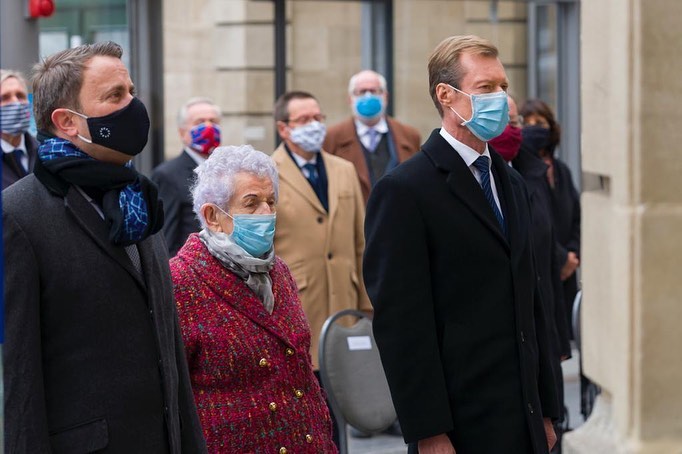
GRASSROOTS INTERVENTIONS
Working with local governments on a coordinated response
Community-level actors including health workers, teachers, paralegals and solar power technicians played their part in disseminating critical awareness. Total awareness activities reached over five million people.
Friendship worked with local governments in 27 subdistricts of 20 districts of Bangladesh to implement responses to the pandemic.
215 people participated in “Covid-19 Warrior” trainings conducted at Friendship Hospital Shyamnagar, including government officials and police.
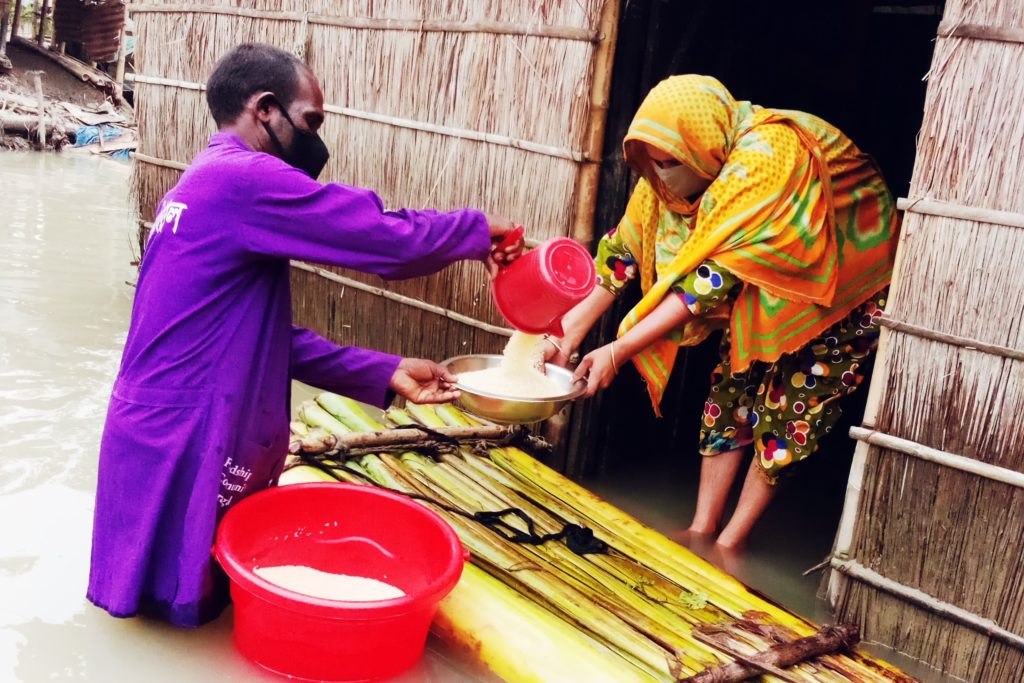
Friendship has worked with its grassroots beneficiaries in all sectors to ensure that the economic difficulties brought on by the virus are mitigated. This includes making arrangements for microentrepreneurs to defer their loans, and access markets, etc; for communities to access government services and aid; for farmers to maximise production; etc.
At the beginning of 2021, our operations are continuing as before, with appropriate safety measures in place. However, the number of infections continues to increase globally, and our response to the virus will continue as long as the crisis does.

